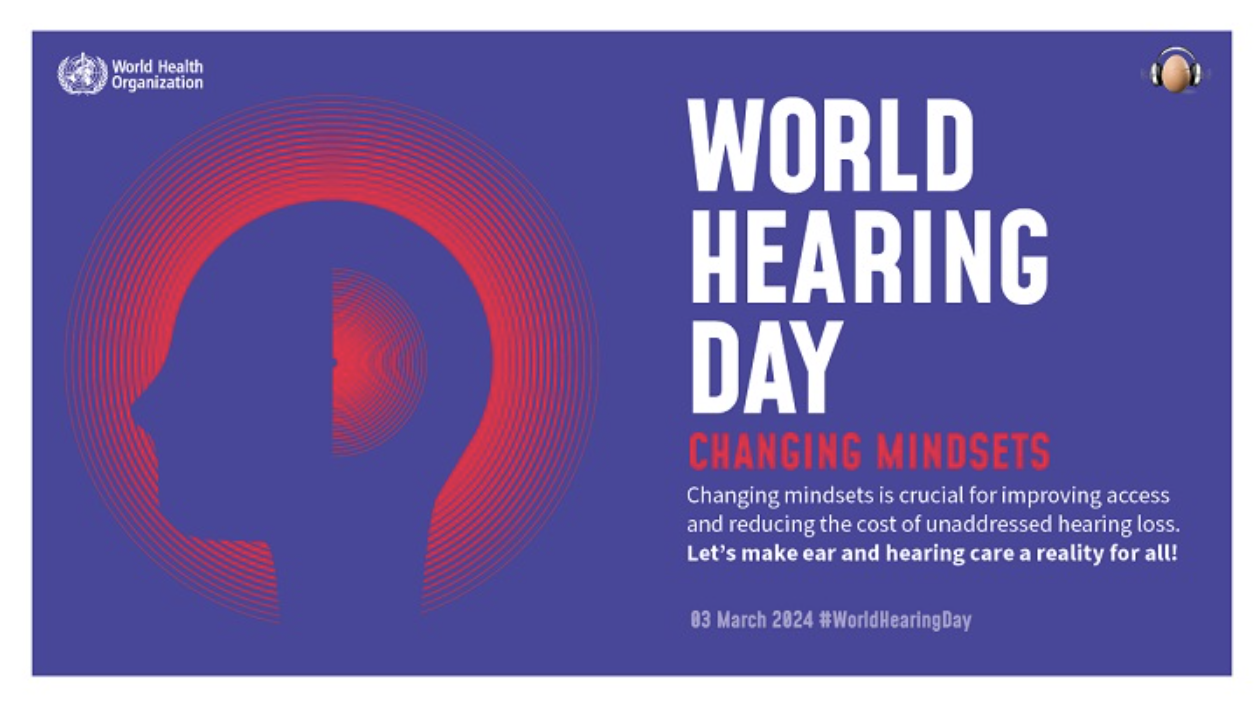
This inclusive ‘Star Wars’ ad will bring you to tears
December 6, 2019
Why you don’t need to apologize for my hearing loss
December 10, 2019Mild-to-moderate hearing loss can change a child’s brain

Research from the University of Cambridge sheds new light on the cognitive effects of permanent mild-to-moderate hearing loss in children.
Results
The results were published October 1 in eLife. They reveal that children with mild-to-moderate hearing loss respond less to sound over time. This is the case even when their medical degree of hearing loss stays the same.
“…children with mild-to-moderate hearing loss respond less to sound over time.”
“We know that children’s brains develop in response to exposure to sounds, so it should not be too surprising that even mild-to-moderate levels of hearing loss can lead to changes in the brain,” Dr. Axelle Calcus, lead author of the paper, told Science Daily.
The Study
Using an electroencephalogram (EEG) technique, scientists measured the brain responses of 46 children with permanent mild-to-moderate hearing loss. They did so over a six-year period.
The younger children (aged 8-12) demonstrated auditory responses similar to that of their hearing peers. The older children (aged 12-17) responded less to the same sounds that they had heard when they were younger. Some older children’s responses disappeared altogether, researchers found.
“There was no evidence that the children’s hearing loss had worsened over this time, suggesting instead that a functional reorganization was occurring,” according to Science Daily.
Brain Changes
Science Daily compared the “functional reorganization” to brain changes found in profoundly deaf children as they age.
“In profoundly deaf children, the auditory system undergoes a functional reorganization, repurposing itself to respond more to visual stimuli, for example,” Science Daily reported. “However, until now relatively little was known about the effects of mild-to-moderate hearing loss during childhood.”
Read more: How mild-moderate hearing loss is often overlooked in the classroom
Improving Newborn Hearing Screening
The researchers call for earlier detection of mild hearing loss in children by improving the way newborn babies are screened. Current screening methods successfully detect moderate and profound degrees of hearing loss but fail to detect mild hearing loss, according to research team leader Dr. Lorna Halliday.
“Detecting even mild degrees of hearing impairment earlier could lead to earlier intervention that would limit these brain changes, and improve children’s chances of developing normal language,” Dr. Halliday told Science Daily.
Next steps
There are steps you can use as a parent of a child with hearing loss to help your child develop and grow.
1) Visit an audiologist
If you don’t already know if your child has a hearing loss, it is worth a visit to an audiologist to get your child’s ear’s checked. Even if your child passed the newborn hearing screen, that screening method is not perfect. Some children – especially with mild losses – can slip past detection. Hearing loss also can develop over time. If you notice that they aren’t responding to all noises or if they don’t seem to be listening, an audiologist can give you more definitive answers. If your child does have a hearing loss, an audiologist can help you decide the best hearing technology for your child.
2) Wear devices 10 hours a day
Did you know that hearing actually occurs in the brain and not the ears? According to Carol Flexer, Ph.D. who is a professor of audiology, the ears are a pathway to the brain.
Hearing technology allows “access, activation, stimulation, and development of auditory neural pathways with auditory information, including spoken language and music,” says Flexer.
If you are looking to use spoken language with your child or a combination of sign language and spoken language, then it is important your child wears their devices 10-12 hours a day. Retention gear such as bonnets, pilot caps, and ear gear can help your child achieve the 10 hours per day goal.
Read more: Hearing aids and accessories for kids
3) Use a remote microphone
Also, a remote microphone can enrich your child’s access to language and sound. According to researchers at Vanderbilt University, children using a Phonak Roger microphone system at home were exposed to approximately 5,300 more words in an eight hour day, compared to wearing only hearing aids or cochlear implants.
A remote microphone can significantly increase the amount of language to which a child with hearing loss is exposed.
Read more: How children with hearing loss can hear 5,300 more words every day
4) Engage in listening activities
Listening activities such as using the BabyBeats app, are a fun way to practice speech and listening with your child. Our Teacher of the Deaf also encourages us to associate sounds and signs with pictures. Books with barnyard animals are a great way to get a hard of hearing child’s attention. You can sign “owl,” make the “hoo!” sound and point to the image of an owl. These concrete associations are easy for a young child to understand.
Read more: Music-based early intervention app makes listening exercises fun
5) Find a support network
As parents of children with hearing loss, we tend to criticize ourselves when our child struggles with technology or language. Hearing loss advocacy is a marathon, not a sprint. It’s okay to struggle and to ask for help. Talking with other parents helped me to realize that “perfect” hearing aid use is not always possible. Toddlers will pull tubes apart and gnaw on earmolds. Not every early intervention session will be earth-shattering. The important thing is to be consistent and strive for results. Finding a community of like-minded people has helped to remind me that I’m not in this alone.



